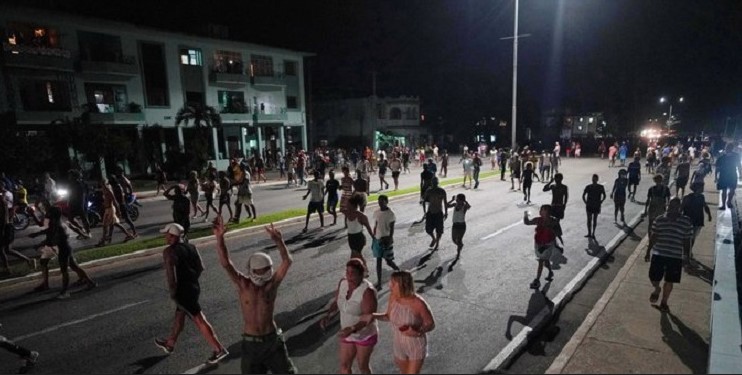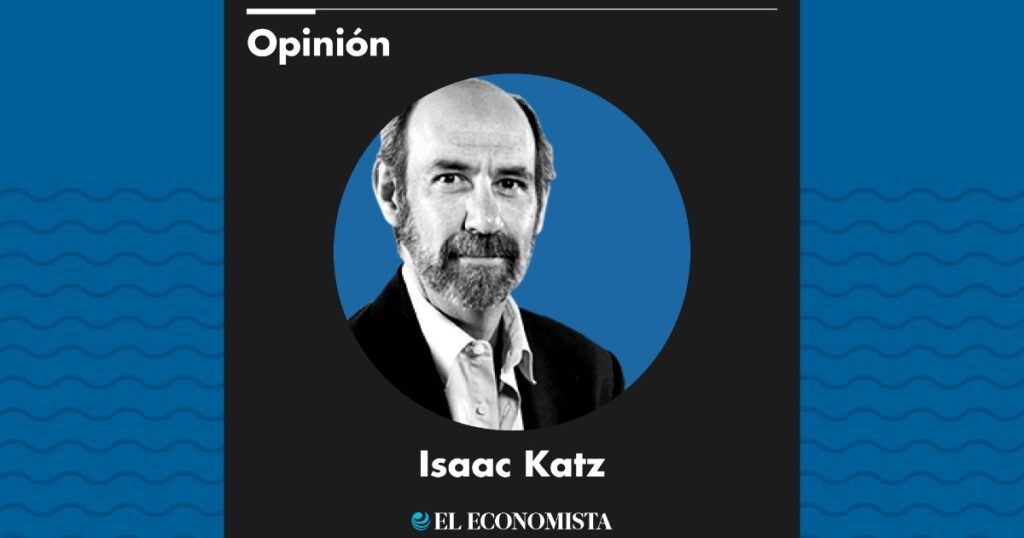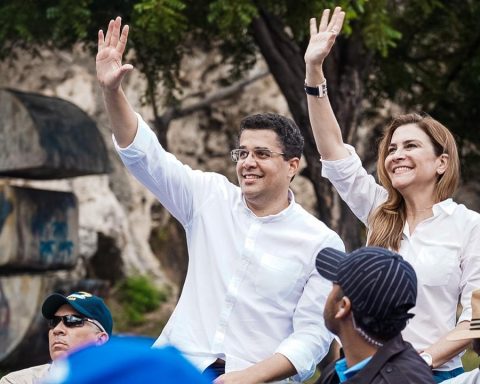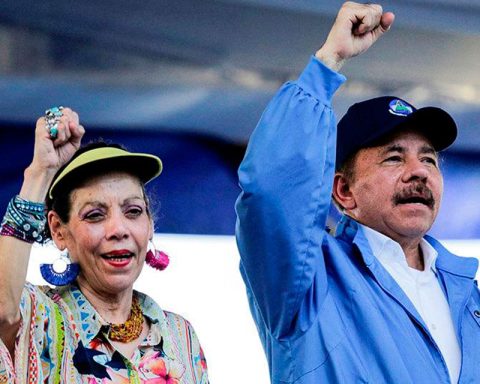HAVANA, Cuba.- During the nights of September 29 and 30, on the nights of September 29 and 30, the cauldrons also rang out and there were cries in claim to restore electricity and water.
The neighbors were desperate after four days of blackout and five without water in the pipes. To this was added hunger, because the food they had, after queuing and paying dearly for it, rotted due to lack of refrigeration.
I know it’s not news. Also in those days there were protests in many parts of the capital: The hill, San Francisco de Paula, Puentes Grandes, San Miguel del Padrón, La Palma, Párraga, Mantilla, etc. People are fed up with the official explanations that nobody understands about the collapse of the electrical system throughout the country and the harangues and slogans of the leaders.
The protests in my neighborhood wouldn’t be news if it weren’t for the Modern Parcelación and mainly the Electric Distribution, until a few years ago they were Castroist strongholds. Many military and ex-military personnel and numerous people from the east of the country who arrived in Havana in the first years of the revolutionary regime live in both neighborhoods and say they feel a debt of gratitude to the revolution.
But, as the neighborhood itself and the lives of its inhabitants have been deteriorating, so has support for the regime. The children and grandchildren of the military and ex-military and of those from the East who are grateful to the revolution for the houses they were given in Havana and whose walls hang paintings of Fidel, do not even remotely share the devotion of their elders, some of whom also they have been disappointed. Some of those children and grandchildren have left the country or are plotting how to go anywhere, because, as they often repeat, “there is no future here.”
And the Orientals who have come to the neighborhood in the last three decades, if they were not brought as police officers, do not owe a debt of gratitude to the regime of their countrymen who preceded them. On the contrary, they live in precarious conditions, managing as best they can to earn a living, and always harassed by the authorities, who consider their stay in “the capital of all Cubans” to be illegal and who can, whenever they please, evict and deport them. to their places of origin.
In the neighborhood, the informers, those who have not died or are already so old and sick that they cannot even cope with their CDR souls, have been losing steam. They are no longer as combative as in other times or as jealous when it comes to monitoring the disaffected and those suspected of being so. Now, although they continue to repeat the Fidelista creed to anyone who puts up with them, they invest their energies in queuing. And how. A few months ago, two septuagenarians, both ex-military, slammed into a queue to buy soy yogurt. And then they complained and cursed the counterrevolution because someone filmed the fight and put the video on social networks.
One of those tipsters must have notified the police by phone on the 29th when in the Electrical Division, as soon as it got dark, people came out of their houses to protest the blackout, banging their cauldrons loudly and blocking the streets with branches and trunks. of trees knocked down by the gusts of the hurricane that on the 27th managed to make themselves felt in Havana.
The police arrived right away. With a speed that he does not usually show when it comes to robberies or assaults. Dozens of troops attended in no less than seven patrol cars and several trucks from the Special Brigade. A deployment only surpassed by the one they showed a few hours before in La Palma and Mantilla, a few kilometers from there, to quell another protest.
The amazing thing is that the policemen did not go beyond threatening gestures. If anything, there was some jostling. There weren’t even any arrests. It seems that, in view of how heated the spirits are, the bosses postponed giving the battle order to their hosts.
The following night, that of September 30, the protest, in addition to the Reparto Eléctrico, was also in Modern Parcelación. The night before there had been isolated hints of protest, but on the night of the 30th, the cacerolazos were deafening. They looked like jungle war ads. Several groups of dozens of people, mostly young people, sounding cauldrons and shouting, walked through the streets of the neighborhood in both directions. And the only bumps they had were with the rubble and garbage piled up and the many holes and potholes in the streets that they couldn’t see because of the darkness.
This time the police did not come. Perhaps the agents in the repression in other neighborhoods were very busy and couldn’t cope. Or are the bosses already resigning themselves to people protesting?
The light, which had been removed at dawn on the 27th, was switched on early in the morning of October 1st. But she was taken away again early in the morning and she didn’t come back until evening. And the water, which had not come since Sunday the 25th, returned to the pipes for several hours in the afternoon of the first day.
Although somewhat tense, tranquility has returned to the once Fidelista neighborhood where I live and where I never imagined, as faithful as it was, to ever see a massive protest against the regime.
I owe you the photos that should accompany this chronicle to record what I am saying, but my phone, after such a long blackout, had run out of charge. And I don’t know when you will be able to read this comment, because the Internet connection is still interrupted, as it has been happening every time there are anti-government riots and the bosses get scared.
OPINION ARTICLE
The opinions expressed in this article are the sole responsibility of the issuer and do not necessarily represent the opinion of CubaNet.
Receive information from CubaNet on your cell phone through WhatsApp. Send us a message with the word “CUBA” on the phone +525545038831, You can also subscribe to our electronic newsletter by giving click here.
















